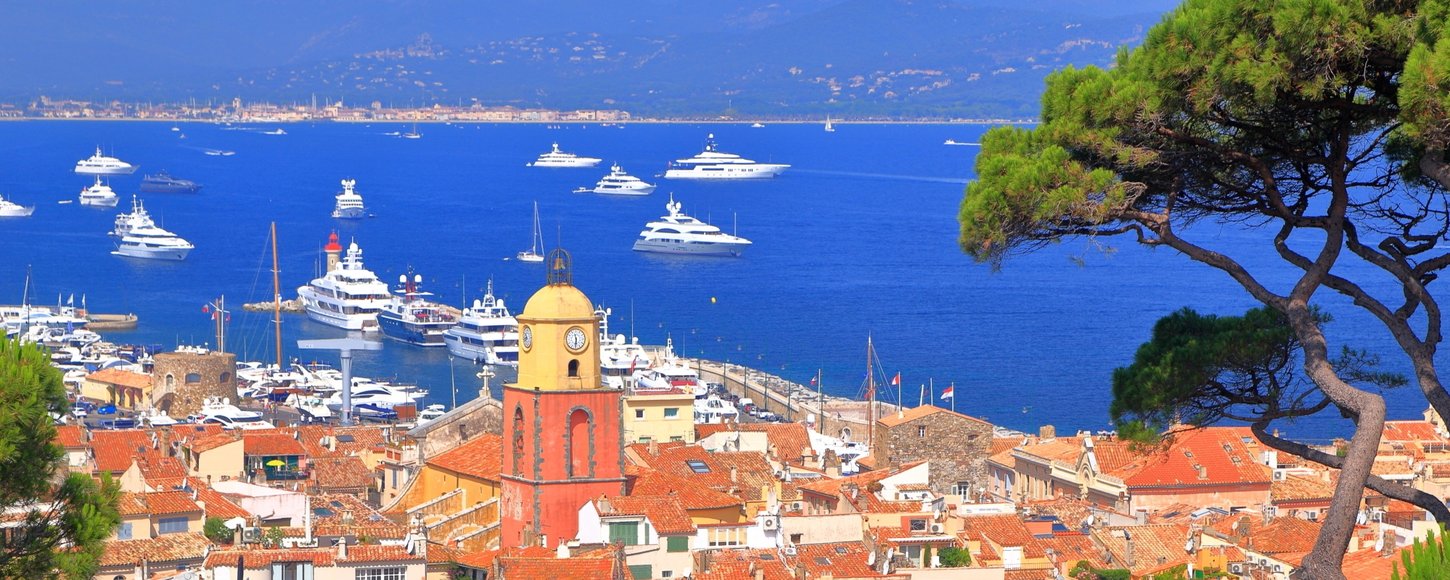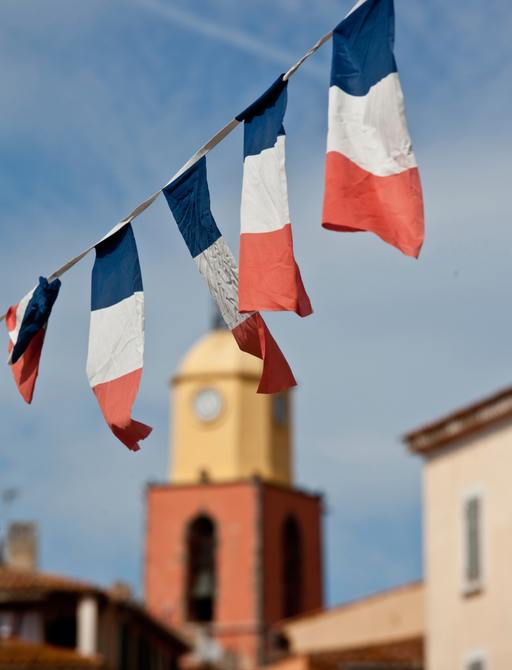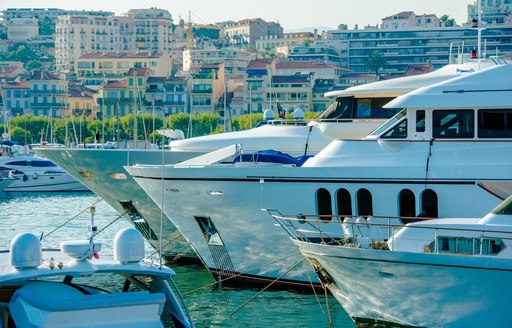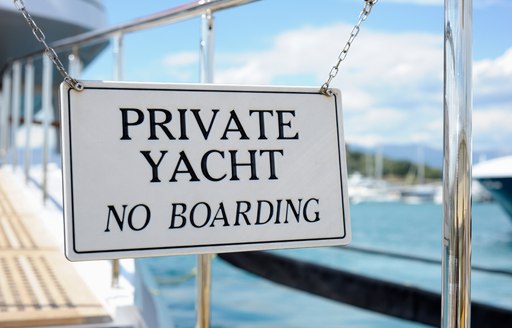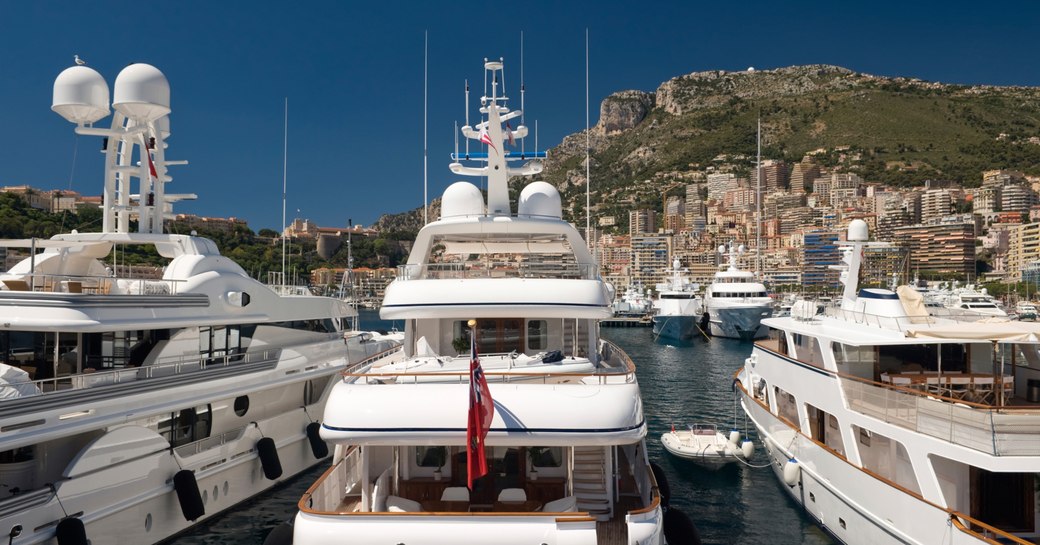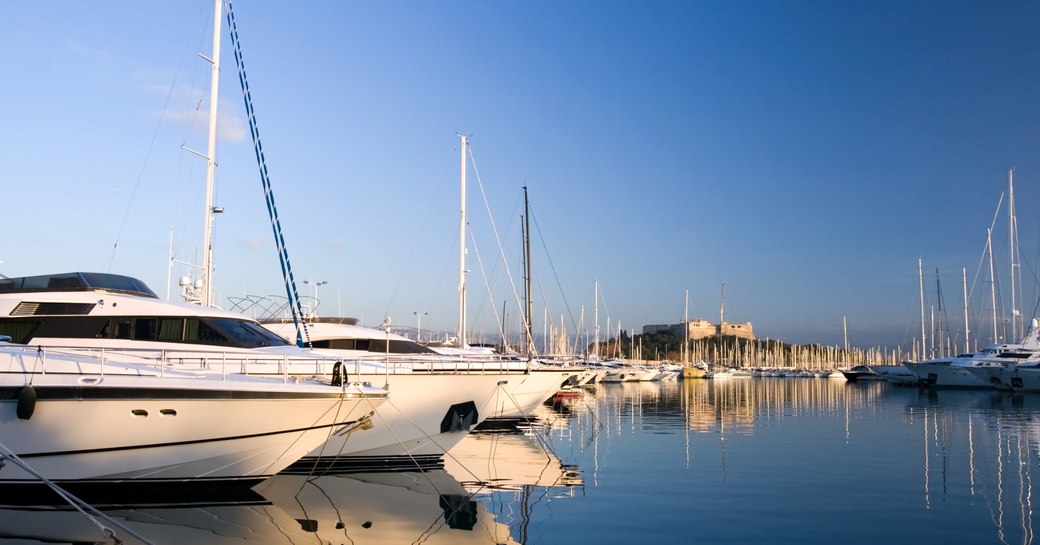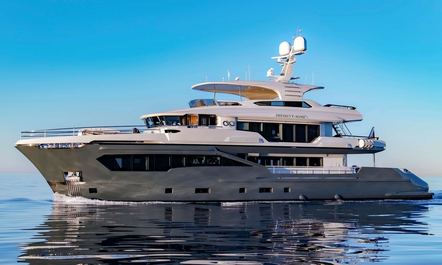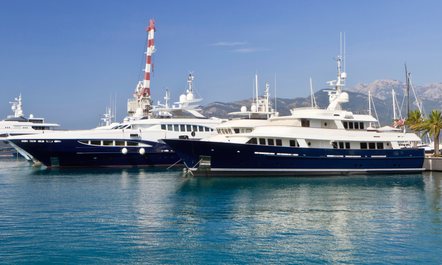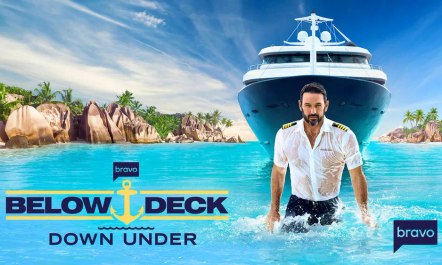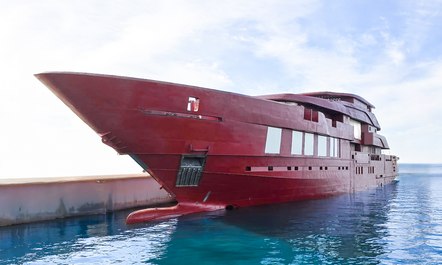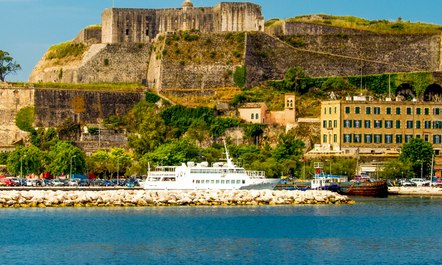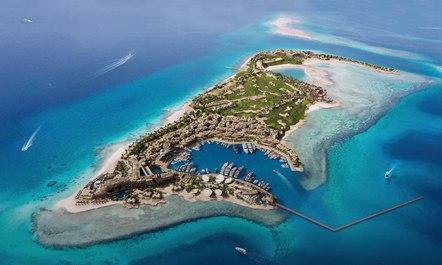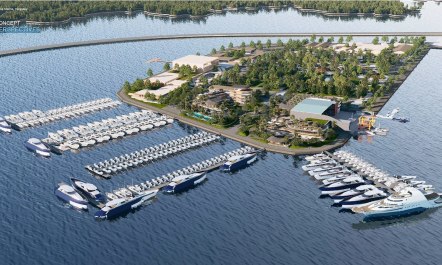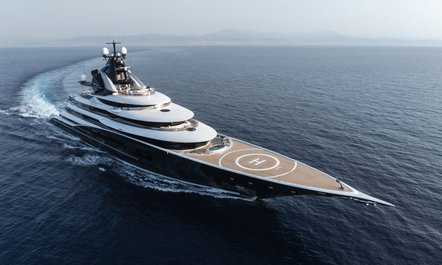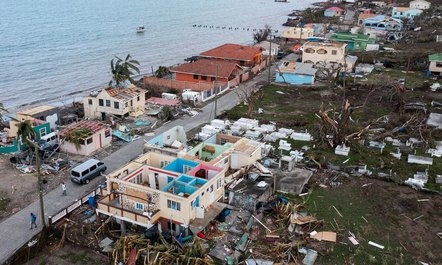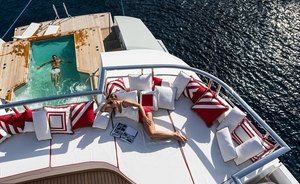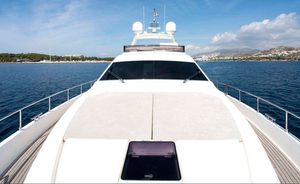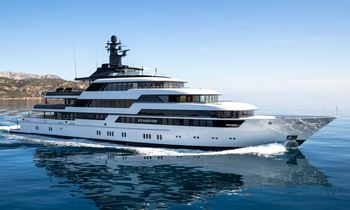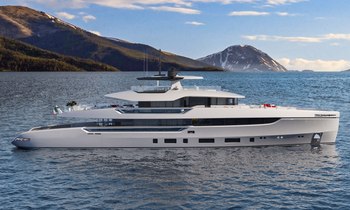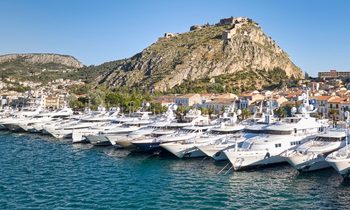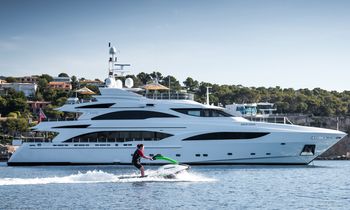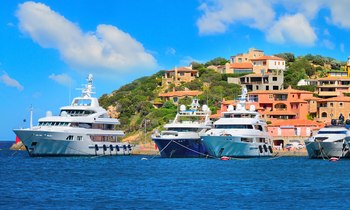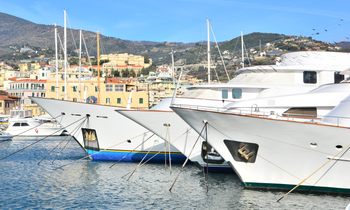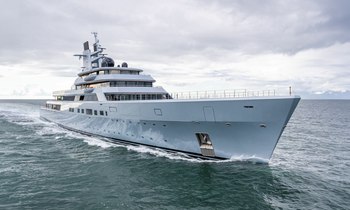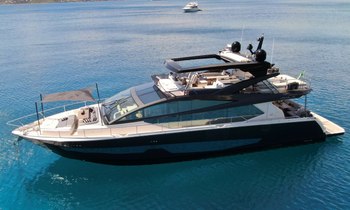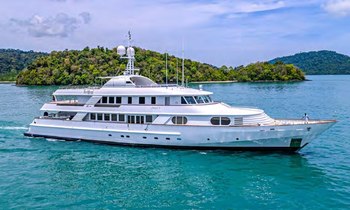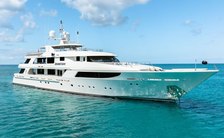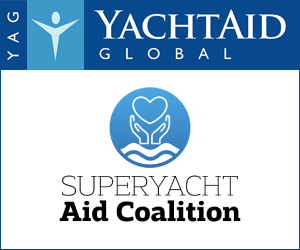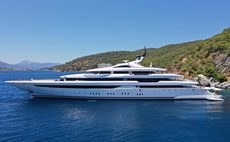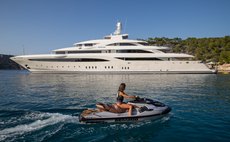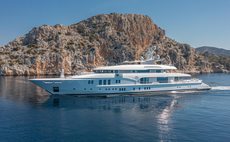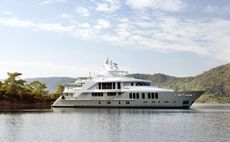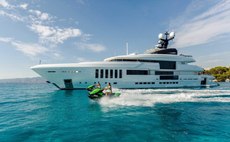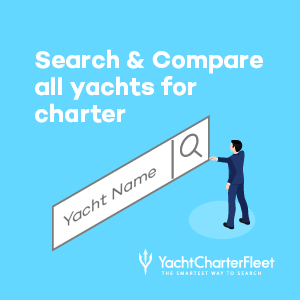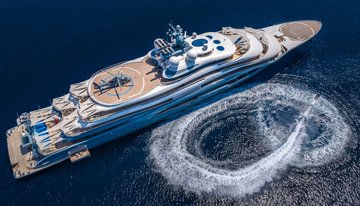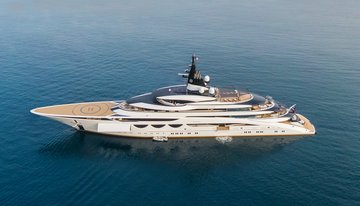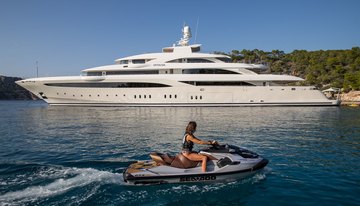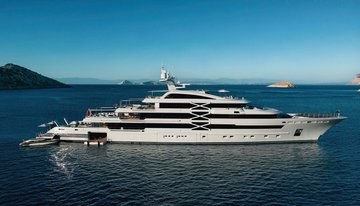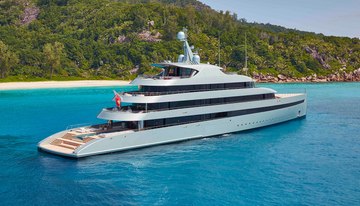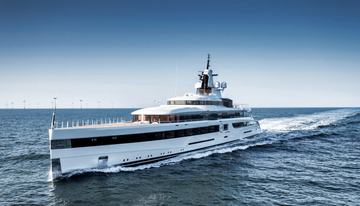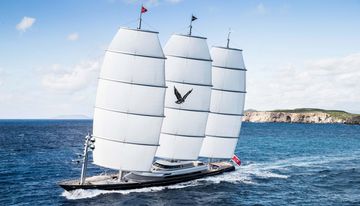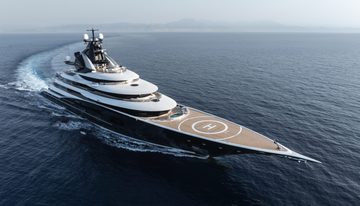A new law dictating that all crew members living in France for more than three months a year must contribute to the French social security system may soon be coming into force and, if it does, there are expected to be major repercussions for the superyacht industry.
The new regulation will require all crew, regardless of their nationality and the flag flown from the superyacht hiring them, to start paying into the French social security from 1st July 2017.
There are a number of ways in which the French yachting industry will be affected by this new order. Firstly, superyachts will be deterred from staying in France long-term, which will lead to less private cruising taking place and less charter yachts available in the region.
Because of this, the whole infrastructure built around the French superyacht industry will suffer, including French refit yards.
But, if superyachts begin to avoid France – the most popular cruising destination in the world – they will look to base themselves elsewhere in the Mediterranean. This means nearby countries will potentially see an influx of business.
To counter the potential risks, yacht management firm Hill Robinson is taking legal action and hoping for the French Supreme Court to postpone the enforcement, as well as review and amend the law.
The issue for Hill Robinson is not with the spirit of the French social system. Managing director Nick Hill stressed that ‘we applaud’ the goal to expand medial and pension coverage for French mariners.
Rather, Hill Robinson’s concern is that the law doesn’t exclude the many crew who only live part time in the South of France, even if they keep permanent residence elsewhere. Hill said ‘this could lead to a large-scale enrolment of all other nationality crew members’.
Superyachts will be deterred from staying in France long-term, which will lead to less charter yachts available in the region
If the law comes into play as planned, all superyacht crew and employers must begin paying into the French social security system. Crew members paying into another country’s system will not have to pay, however, providing the country is a member of the European Union or has a reciprocal relationship with France.
Either way, crew members will have to provide proof of enrolment, and some UK nationals will have to pay even if they already make voluntary National Insurance Class 2 contributions.
Non-French employers, meanwhile, will have two choices: furnish a bank guarantee or deposit money with French authorities to cover all possible liabilities.
For more information, speak to your preferred charter broker.
RELATED STORIES
EDITOR'S PICK
